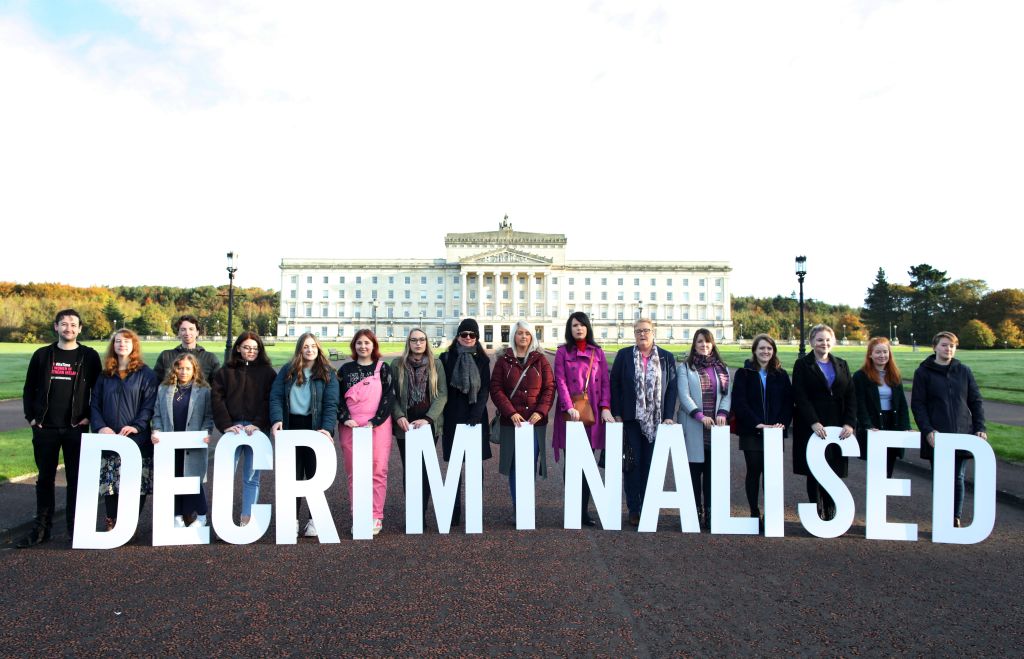There are two contemporary preoccupations that are effectively at odds in the abortion laws of Britain and Northern Ireland. One principle is that a woman’s right to have an abortion must always be accommodated and celebrated. The other is that the diversity we are also expected to celebrate includes disability.
Unfortunately, the first trumps the second when it comes to the abortion laws of Britain, which were extended to Northern Ireland behind the backs of its elected representatives in 2019, when the Northern Ireland Assembly wasn’t functioning. As a result, in Northern Ireland as in Britain, it is legal to kill a foetus right up to birth if it – or should I say, he or she – is suffering from a physical or mental handicap such as Down’s Syndrome or a disfiguring but remediable condition such as a cleft palate.
Now the DUP Assembly member Paul Givan is tabling a private member’s bill to repeal the provision that allows abortion in cases of serious non-fatal disabilities. At present, the legislation allows for abortion without restriction for the first 12 weeks of pregnancy, abortion in case of risk to the woman’s mental or physical health for the first 24 weeks, and then abortion in cases of severe disability for the rest of the pregnancy. Even if Givan’s bill is successful, a woman would perhaps only have to assert that her mental health would be affected by having a disabled baby to be allowed an abortion for the first six months’ gestation anyway.
Mr Givan’s argument is sound: he believes that the law as it stands is discriminatory – in fact, discrimination doesn’t come in a more obvious form than this. But what’s right in Northern Ireland is right in the rest of the UK. One of the backers of the bill is Heidi Crowter, who has Down’s Syndrome, and who is challenging the Westminster government when it comes to the same element in the Abortion Act of 1967.
I’m afraid it’s time for the equalities activists to jump one way or the other. If you think a woman’s right to choose is absolute, you’ll have to square that with an insistence that disabled people are postnatally entitled to the same treatment as anyone else; if you’re in favour of disability rights you need to point out the fact that pre-natal discrimination against the disabled is still discrimination.







Comments